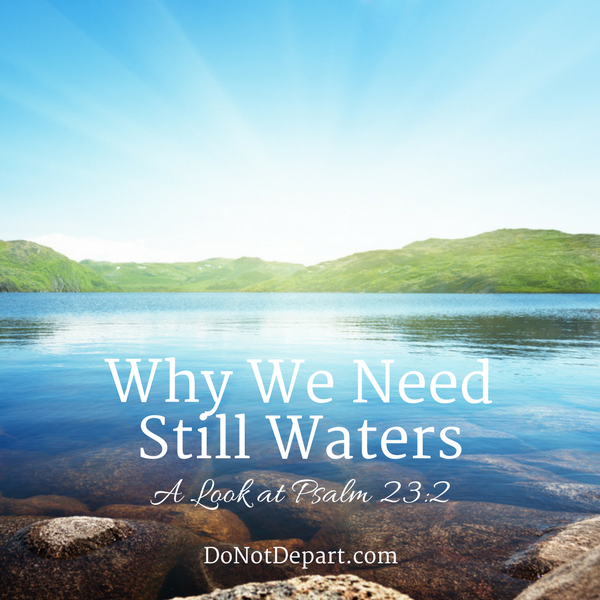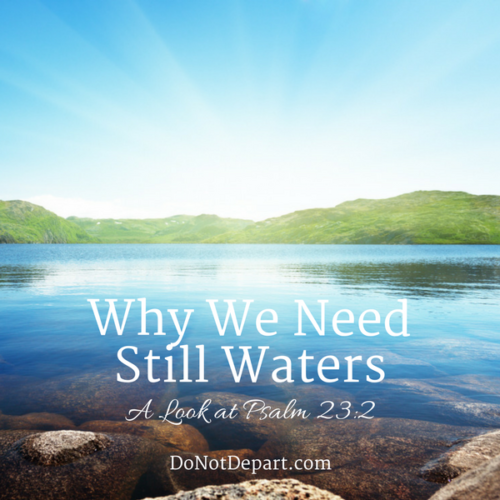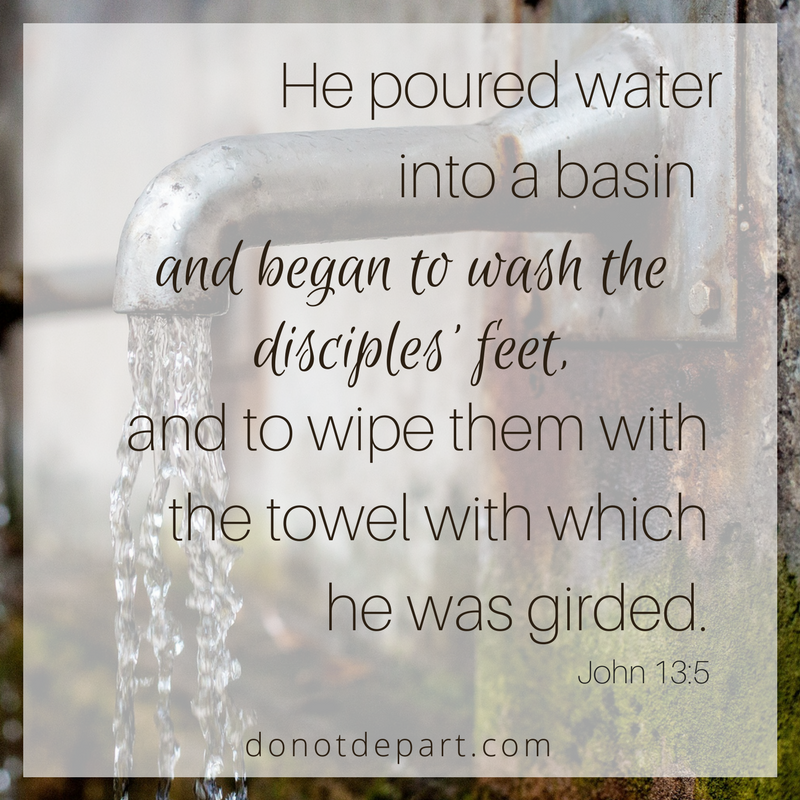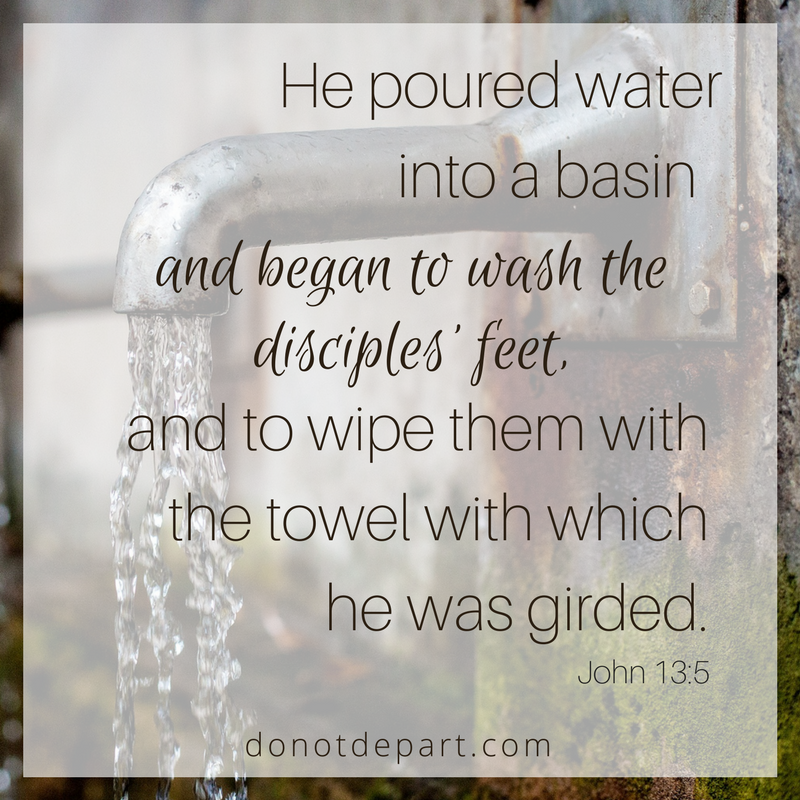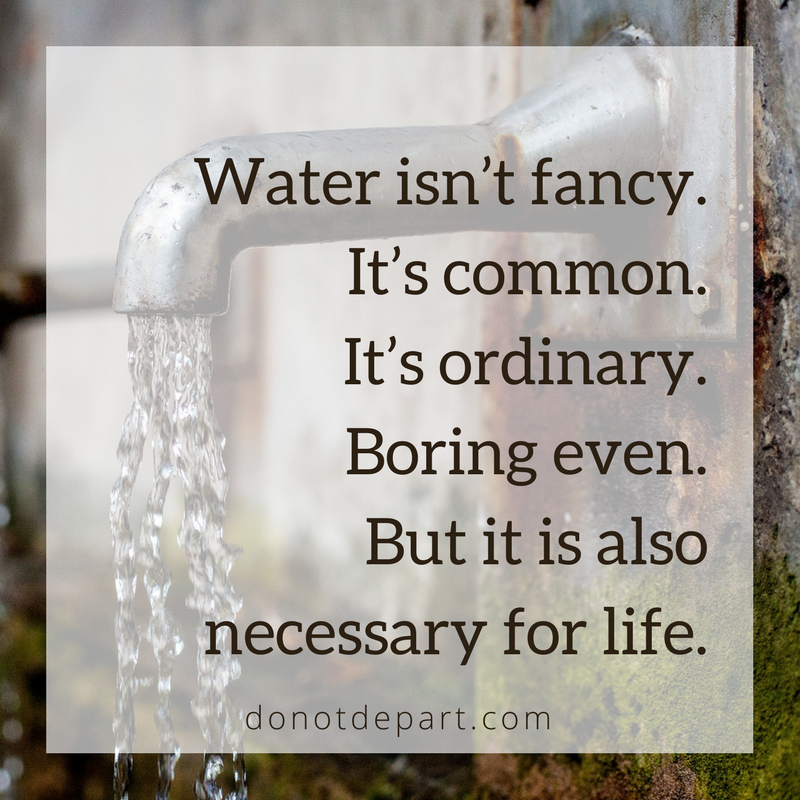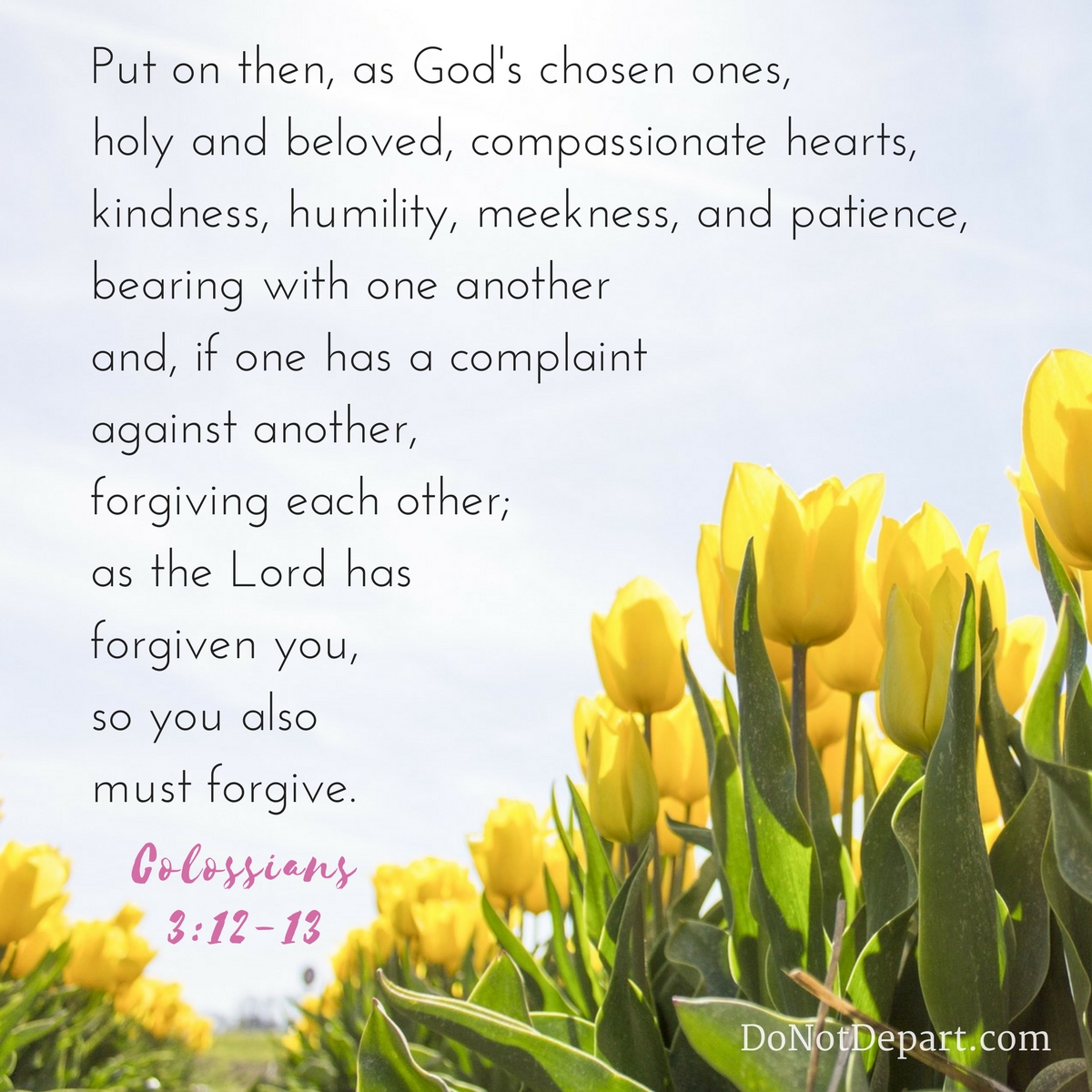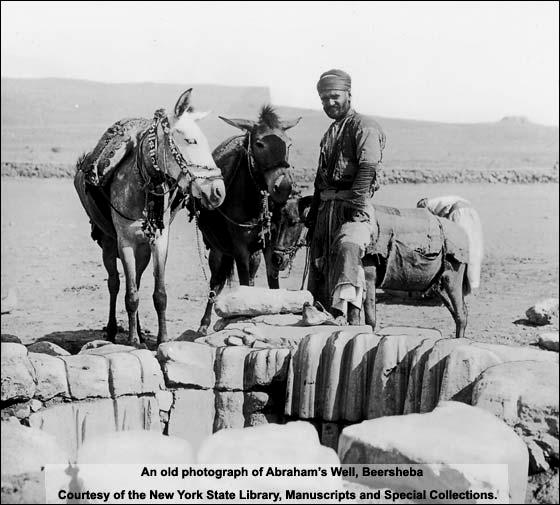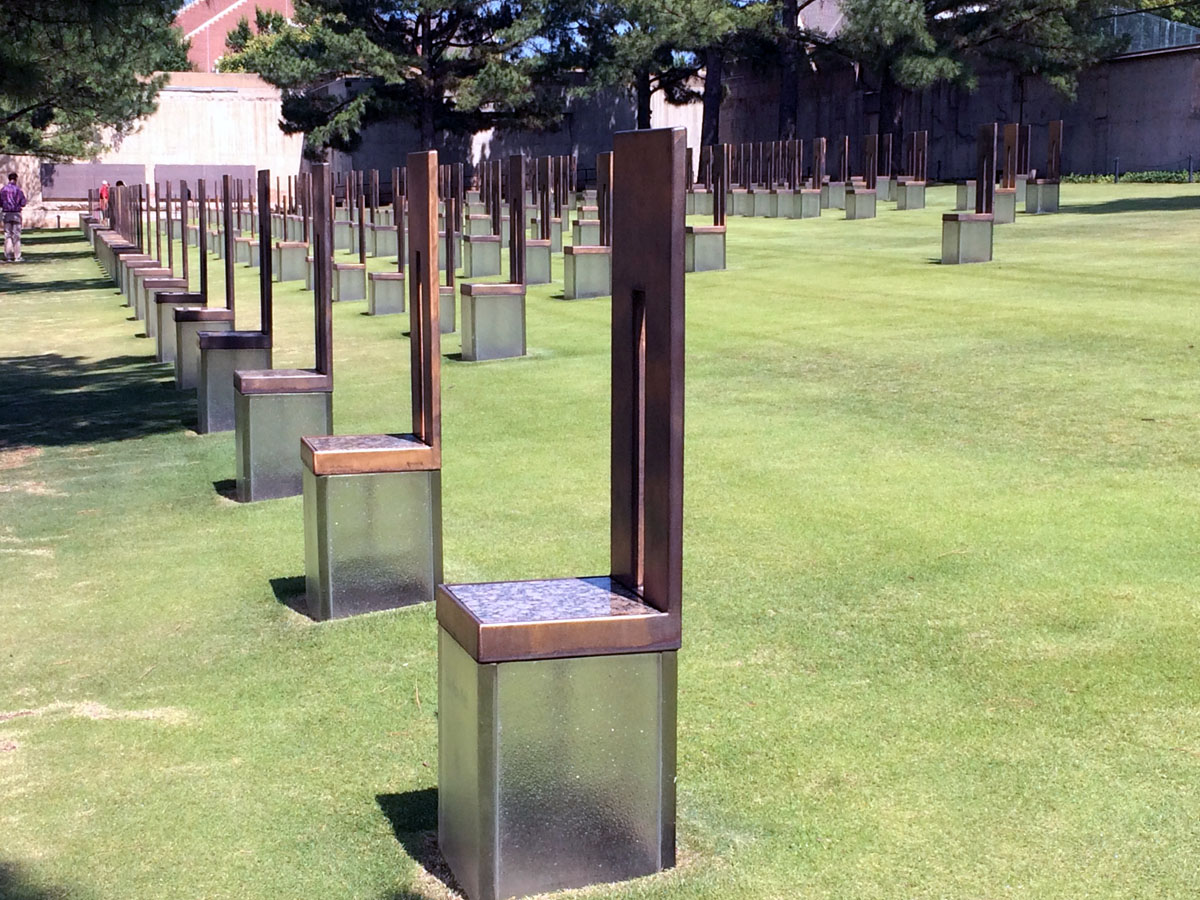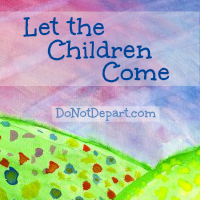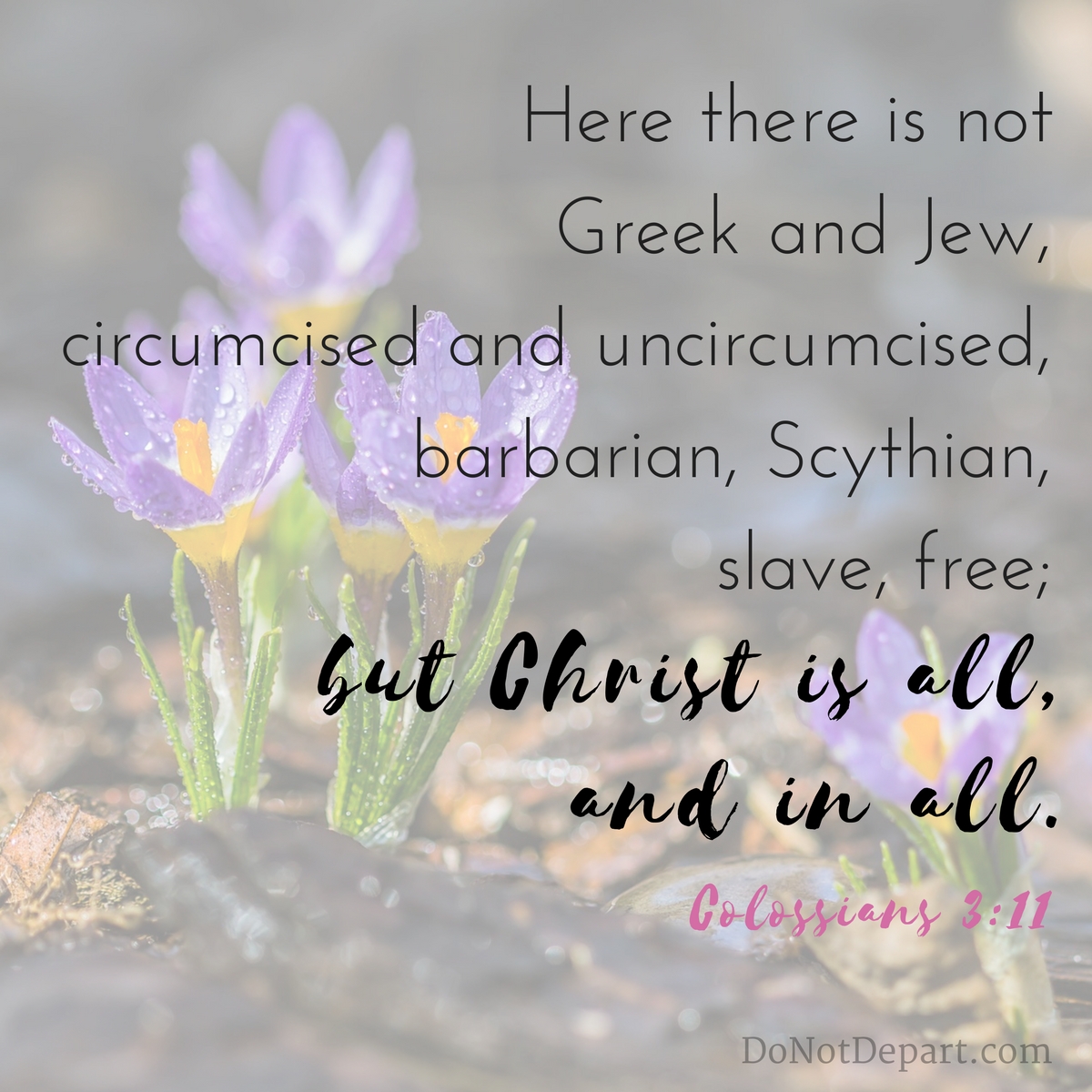This month I was blessed with the opportunity to experience the waters of a different part of the world. When looking at the same waters that connect with my corner of this Earth, I saw new beauty that I’d never imagined I’d see.
God is like that. If we are patient, He will show us new, fresh beauty about Himself as we draw near to Him — even some beauty we might not have imagined.
I hope this month was like that for you. Perhaps as we studied Water in the Word, you experienced a new beauty as you drew near Him?
Like we discussed in the introduction to this month’s series, over and over again throughout the Bible water is mentioned. We can be sure that the topic of water is significant in Scripture.
“But whoever drinks of the water that I will give him will never be thirsty again. The water that I will give him will become in him a spring of water welling up to eternal life.” John 4:14
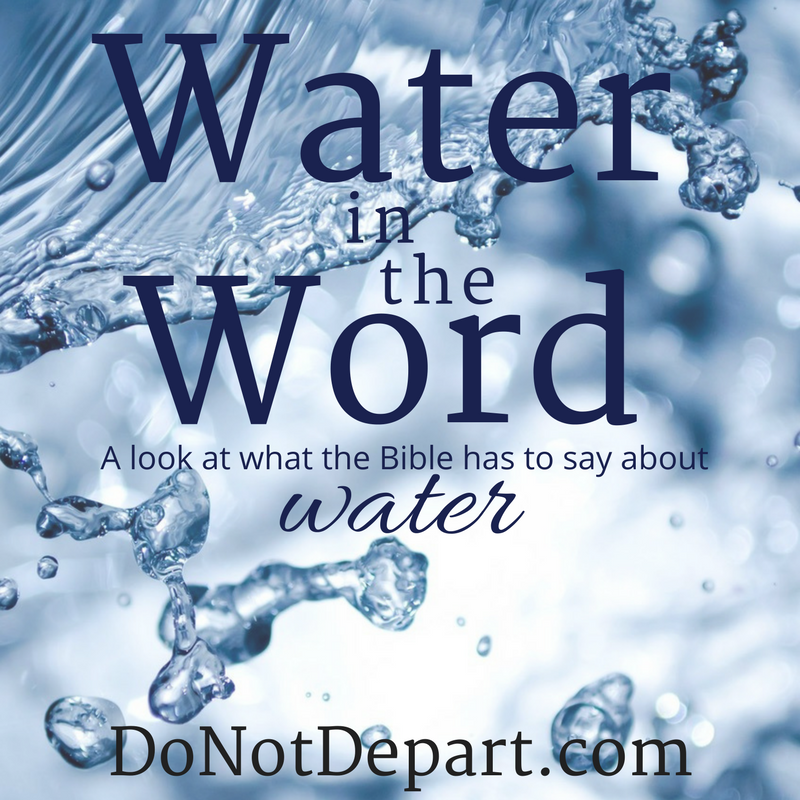
- I wrote about how Jesus Offers us Living Water and explain how it’s through the water drawing ceremony of the Feast of the Tabernacles that we understand the beautiful connection between salvation and Jesus offering the Holy Spirit’s living water.
- Lisa explained that just as water is essential for our physical bodies, so fellowship among like-minded believers is essential for our souls to grow healthy and endure storms and run our race til the end. She offers 4 Ways to Quench our Spiritual Thirst.
- Kelli reminds us that though water isn’t fancy, it’s necessary for life. She says, “Do you know what else is necessary? Humble service. The next time you fill a glass for drinking, or a pot for cooking, or a tub for bathing let it remind you of the Lord’s willingness to serve humbly.
- Patti offers insight into five reasons why we need the still waters that God offers. “Allow Him to lead you beside still waters today. He will not force you. You have the freedom to choose to drink deep of His Spirit, to rest in stillness with Him, to be refreshed.”
If our series blessed you, let us know in the comments or on social media. What did God show you about Water in the Word this month?
Ali

